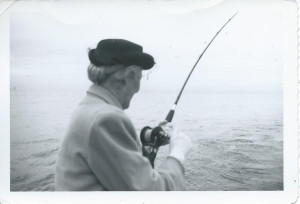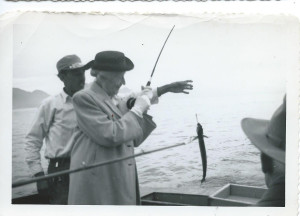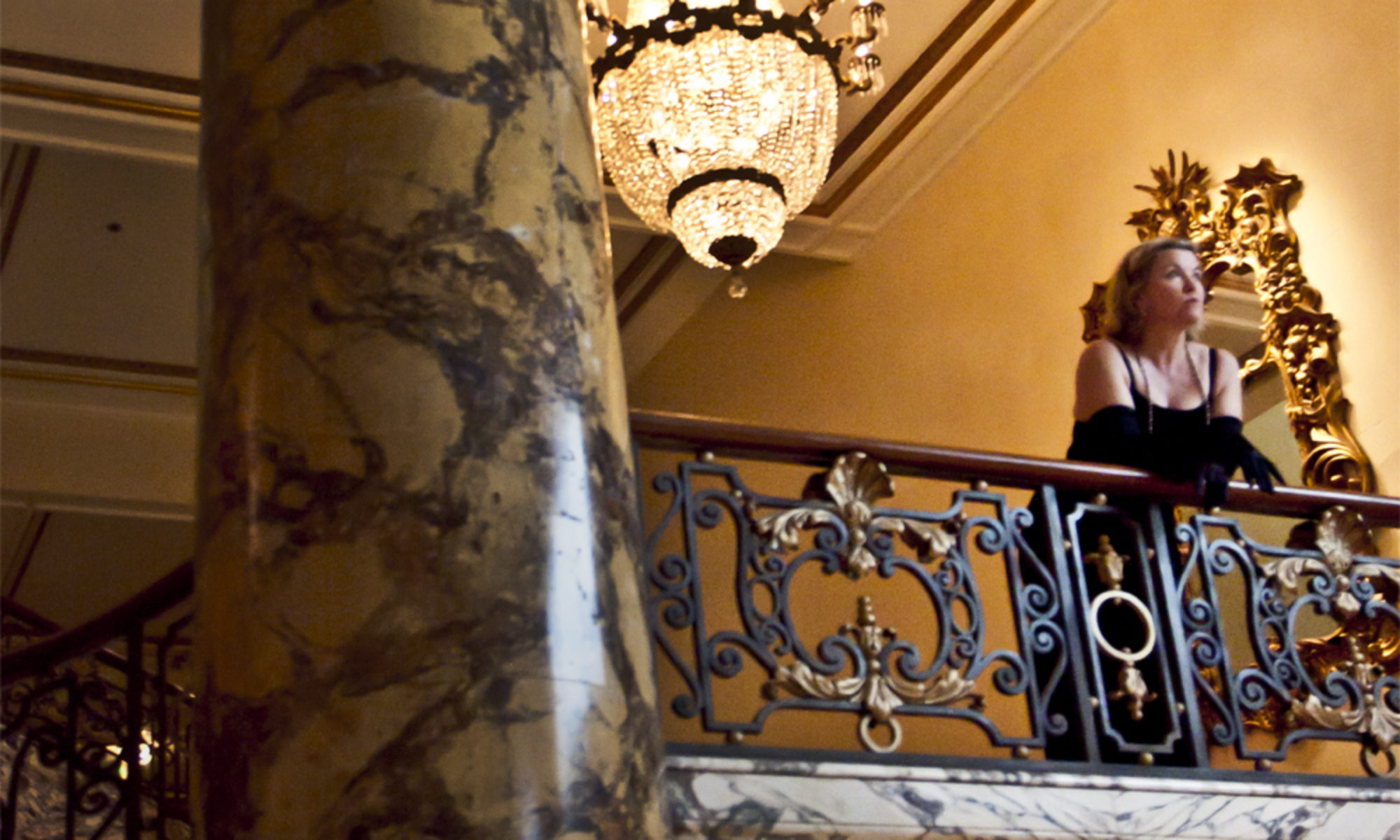
I spent Saturday digging through old newspapers to see what frolics my great-grandmother was up to as president of the Daughters of the Confederacy in Portland, Oregon, 100 years ago. Let’s just say there plenty of genteel hijinks that involved white women doing the Virginia Reel, reading nostalgic poetry in “slave dialect” and guest speakers telling “many clever darky stories.”
Can you tell I died a little bit inside when I read that?
I did a lot of family research while working on the two volumes of the Doris Diaries (I’ve Got Some Lovin’ to Do and Reaching for the Moon, from the 1920s). In those hours of internet and library research, some at home and some in other states, other cities, I went looking for Doris and her father for the books, and often found her mother instead. Willie Doris Bailey, nee Upshaw, was my great-grandmother, and she was a Southern lady. She left the south when she married my great-grandfather in about 1901 and they moved to Boston so he could study architecture. When he finished, they moved to Portland, Oregon, where they remained almost the rest of their lives (except for a brief stint in Phoenix in the early Depression years).

And in all that time, she never lost her accent, Doris recalled. I keep reading about Willie Doris, whom I remember as a very old lady (she lived to be 99, dying in the late 1970s). And in everything I read about her – well, I’m not sure I would have liked her. She was a fervent admirer of Robert E. Lee and claimed that they were distant cousins (I have traced our names through the Sewell line and there is cousinhood there, but still quite tangled).
She was a leader in the Daughters of the Confederacy, holding teas and exhibitions to celebrate Shiloh Day and Jefferson Davis’s birthday, in Portland, decades after the war ended. She was even a DOC delegate to the veterans’ reunion in Atlanta in 1919, one of the last, since few veterans remained. She did not shrink from her heritage, not at all. She owned it like her family had owned slaves.
I follow her activities in hundred-year-old news tidbits and I shake my head in dismay. Your side lost, lady, I want to tell her. Let it go! Slavery was not a sustainable model. It was bad for everyone – and the aftereffects are still damaging today. I sit here, a California progressive, a Green Party member, looking back at my slaveholding ancestors and I have no words for the apologists. What is there to say but it’s over – and yet, just this week I have been signing petitions to tell South Carolina to take down the Confederate flag that waves over the dead bodies of nine people who were praying in a church when they were gunned down.
It remains to be seen what I will find in my quest for answers. I’m not even sure what I’m seeking. But I sense, as a West Coast native with nothing but love for my multicultural, gender-fluid, tree-hugging, pot-smoking neighbors, that I will have a pretty rude awakening ahead of me. The reckoning between what was then and what is now remains to be seen. Come along with me, won’t you, as I figure it out?

As you know, we can’t choose our ancestors…or our descendants, for that matter! But I think you are wise to demonstrate that we must face up to our heritage and consider what is still a part of us and what must go for the sake of a better future. Thanks for an interesting story and perspective. Great pix, too!
What you’re doing here is so important. When we try to hide the past, pretend it didn’t exist, it gets to lurk in the dark and grow and fester and become this deeply decaying force. Owning it, evaluating it, embracing our family’s collective growth and learning the lessons, those are the things that help us move forward as a culture, I think. I’d like to believe that your great-grandmother would have grown and changed with the world, would have evolved. I may be wrong, but either way, the important thing is that her family did. 🙂
The Reckoning. Strikes me as an apt title for your book about your Confederate relatives.
One of my ancestors, Edward Spangler, helped John Wilkes Booth to assassinate President Lincoln. I can’t run from that, either, and it keeps me from getting a swelled head over my own achievements or sterling qualities…